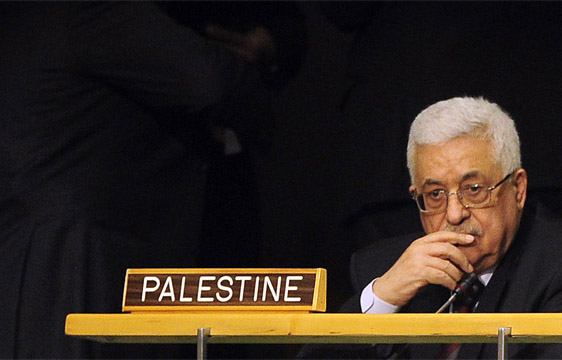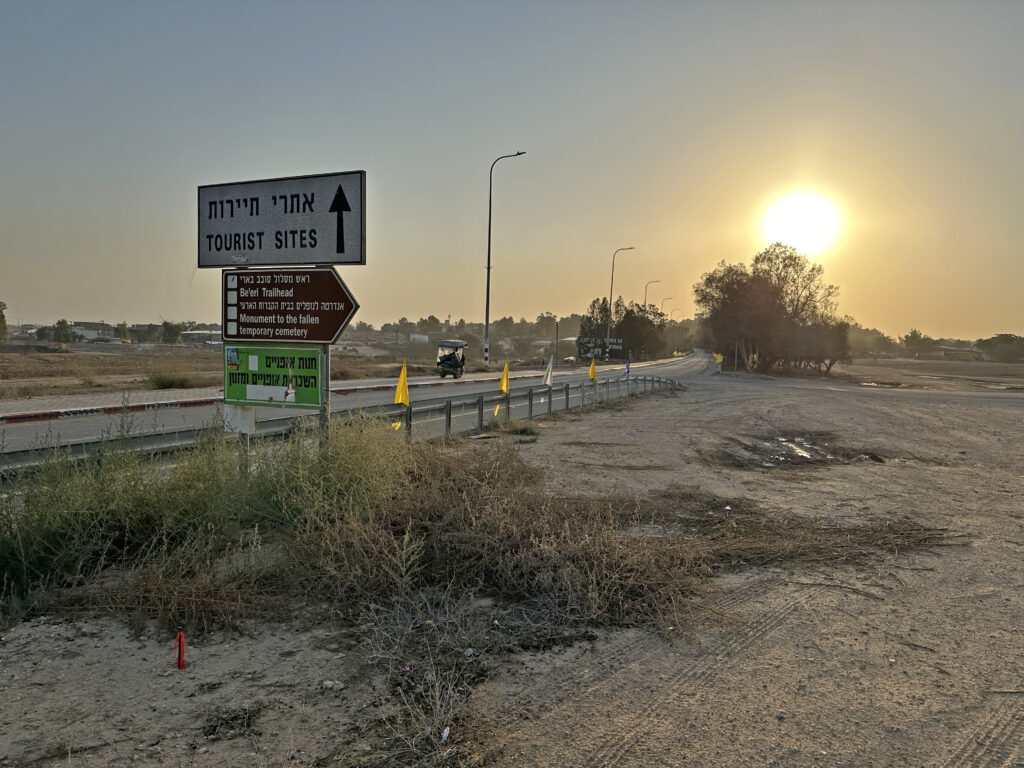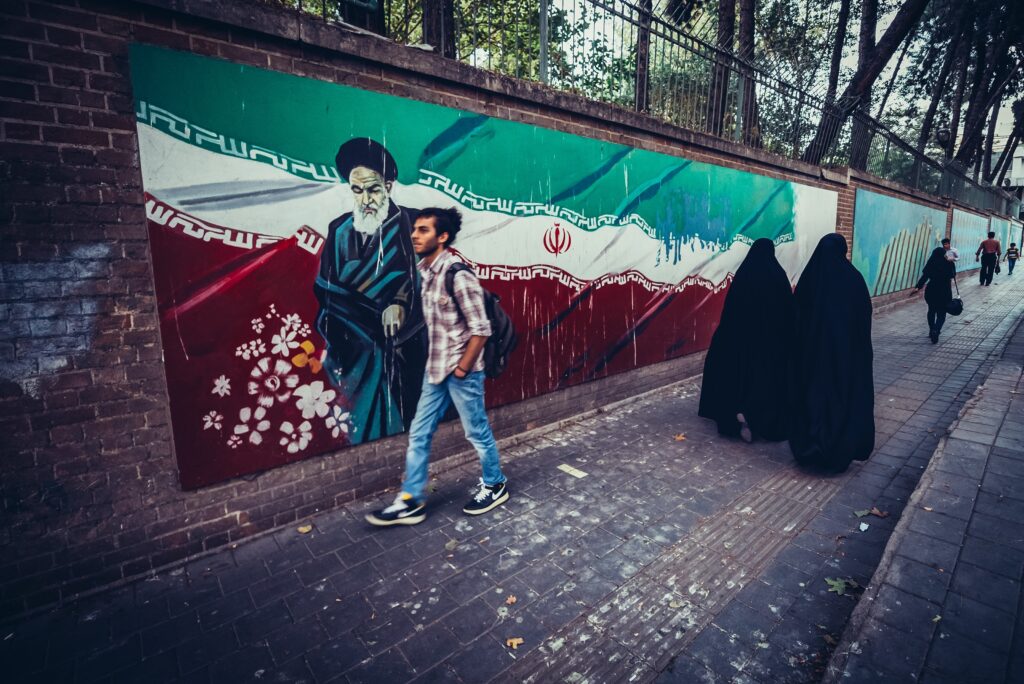IN THE MEDIA
Palestine’s future lies in negotiations with Israel, not UN
November 28, 2012 | Mark Leibler

Mark Leibler
The Australian, November 28, 2012
BARRING a last-minute change of heart, tomorrow the UN General Assembly will vote on upgrading Palestine’s representation in the forum to the status of non-member “observer state”.
On these pages, former foreign minister Gareth Evans (November 24) encouraged Washington, and by implication Australia, to support the measure.
Evans notes, correctly, that the resolution will certainly pass, given the automatic pro-Palestinian majority in the General Assembly, and that it contains little extreme language.
Yet no matter how you sugar-coat it, this resolution is a poison pill for the peace process. It should not be supported by any country that supports the creation of an independent Palestinian state living in peace alongside a secure Israel.
Upgrading the Palestinian delegation’s status is not an innocuous technicality. As Evans himself admits, the true purpose of the move is to enable the Palestinians to launch a new campaign of diplomatic and legal attacks against Israel in various UN forums and elsewhere, particularly the International Criminal Court – and to do so as an alternative to direct negotiations with Israel.
To do this, the Palestinians need more than the simple UN majority they get routinely, but support from major Western players, so as to achieve their aims while preserving much-needed foreign aid.
Any fair-minded person would agree that the UN has a built-in bias against Israel, a country subject to more UN censure than every other country combined.
Evans reassures us that Israel would get a fair go in the ICC. Given that Israel clearly doesn’t get a fair go from the UN, or from Evans himself for that matter, this hardly instils confidence.
In fact, Evans’s entire essay is a construct of misrepresentations and distortions.
First, he quotes an Israeli resident near Gaza who calls upon Israel to negotiate with Palestinian President Mahmoud Abbas.
Yet Evans never acknowledges that it is Abbas who has been steadfast in his refusal to negotiate with Israel – nor that Abbas holds little influence over Gaza’s Hamas rulers.
In fact, Evans appears to deliberately obscure Abbas’s rejection of talks, asking how can Palestinian leaders “be left with any credible capacity to negotiate if talks cannot begin until, as Israel insists, they retreat on their minimum condition of a settlement freeze in the Occupied Territories?”
Israel has of course not insisted on any thing of the sort, it has simply repeatedly requested immediate talks without pre-conditions.
Furthermore, Israel essentially met the Palestinian precondition of a settlement freeze for 10 months in 2009-10, yet the Palestinian Authority still refused to engage in substantive negotiations.
Evans goes on to claim bizarrely that “the lesson of the past two decades is that rockets stop, and intifadas don’t start, when there is a prospect of peace”.
Here’s some basic history Evans should know. Prospects for peace were never closer than in late 2000 and early 2001 when, under prime minister Ehud Barak, Israel offered realistic two-state peace terms at Camp David, and accepted the Clinton parameters. Yet it was precisely at this time that Palestinian president Yasser Arafat launched the second intifada, a multi-year terror war which took more than 1000 Israeli lives.
And it was at the height of Oslo process in the mid-1990s that Hamas launched a massive campaign of suicide bombings on Israeli buses designed specifically to scuttle progress toward peace. And Hamas launched a major rocket escalation after Ehud Olmert made a comprehensive peace offer in 2008.
Evans warns of the demographic threat that awaits Israel should it abandon the two-state solution, but ignores the fact that all leading Israeli political parties have endorsed the two-state paradigm today.
And the polls show that a healthy majority of Israelis do so as well, providing the context is a lasting peace. – according to polls.
The voices calling for a one-state outcome – meaning Israel’s demographic destruction – are still coming overwhelmingly from extremists on the Palestinian side. And it is the Palestinian side which is hopelessly divided, with the rejectionist terrorists of Hamas both controlling half the future Palestinian state and gaining new regional allies and legitimacy.
Evans would have us believe that a vote for the upgrade would simply represent another show of support for the two-state outcome that Australia supports.
But the UN can and does express such support all the time. There is no reason to do so by creating a new status – fraudulent under international law – for a Palestinian state which does not yet exist, especially when we know that the purpose of this status is to facilitate an unhelpful and distracting international campaign to delegitimise Israel and avoid genuine negotiations.
Washington recognises this, which is why it is opposed, along with Canada and much of the EU.
These stakeholders know that the only way forward is for the Palestinians to first negotiate peace with Israel and then get their state – and to do otherwise only guarantees a future of conflict in perpetuity.
Australia is right in refusing to support Palestinian “virtual statehood” (a principled “no” vote would have been even more appropriate than the abstention reportedly planned) – and not primarily because of our concern for Israel’s security.
It is the Palestinian people who will ultimately pay for this diversionary ploy by their leadership with further delays to the realisation of their aspirations for actual statehood; aspirations that can only be achieved through direct negotiations with Israel.
Mark Leibler AC is national chairman of the Australia/Israel & Jewish Affairs Council.
Tags: Israel





